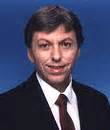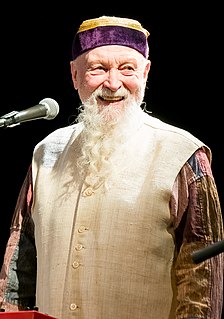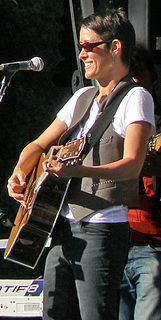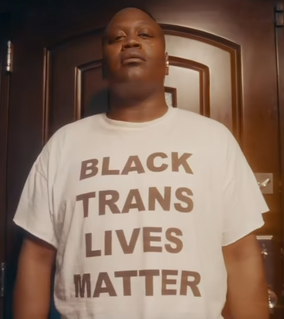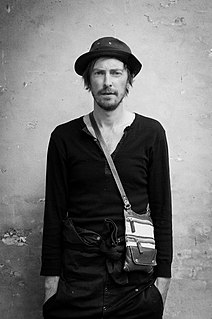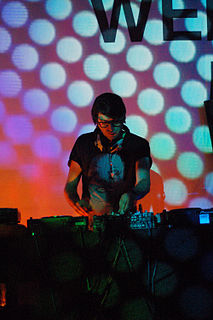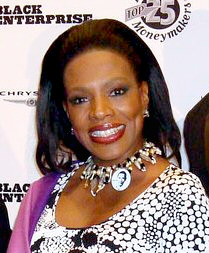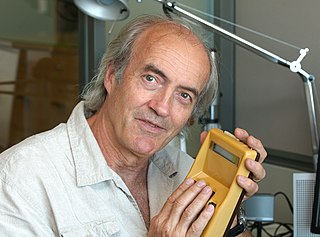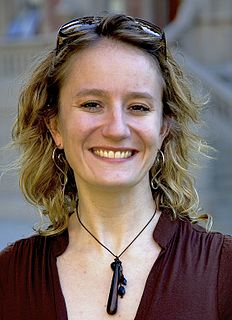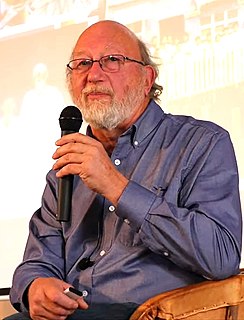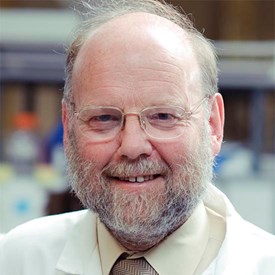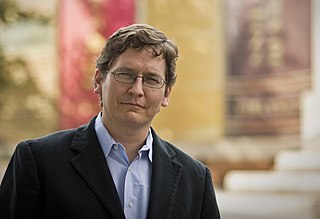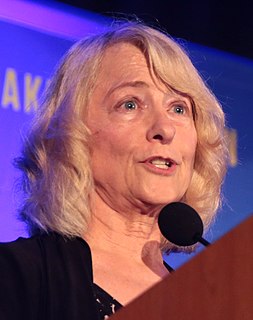A Quote by Bernard Haisch
It seems from my unique vantage point as both scientist and editor of JSE that substantial evidence exists of "something going on".
Related Quotes
I was in a prayer meeting yesterday. You gotta appreciate how scared, how scares folks on that side of the equation are. From their vantage point -- I really shouldnt say their -- cause its mine too, we are nearly at the end of time and from our vantage point, were going to be I think maybe Chinese Water torture is going to be the means the method, once Prop 8 gets instated and once preachers are held at gunpoint and forced to marry the homosexuals, Im pretty sure that that will be the signal for Jesus to come on back.
I found that looking at the Israeli/Palestinian conflict from an outside vantage point was actually quite distancing. The history of the conflict, the personalities, the violence, the distrust, and the seeming lack of viable solutions made meaningful involvement feel impossible. What changed that, for me, was changing the vantage point.
When you're dealing with a problem as complex as autism, you have to look at it from many different points of view and assemble evidence from many different vantage points. Biological evidence in humans and in animals, toxicologic evidence, how does the body deal with toxins, and evidence looking at the actual experience in populations.
Because we're on the outside of everything, and we're a small group of countries - Scandinavia , we have a unique vantage point. We are extremely good at focusing our ideas into art and music and design that fits a global state of mind. Being observers of the rest of the world allows us to express something pure that goes beyond borders, beyond planets.
It's all gravy when everything's great, but if there comes a point where there's a problem, as with any kind of relationship you need to fix it. There's always going to be something, and it could be the smallest detail you'd never have expected or it could be something substantial, but it's how you deal with things.
I love, love, love live performance. It's like walking a tightrope without the net. You better be on point; you better be balanced. You better have rehearsed it and seen it from every vantage so you can do what you do best. I do love film because it's up front in your face, and hopefully you've got a great editor.
All interpretations made by a scientist are hypotheses, and all hypotheses are tentative. They must forever be tested and they must be revised if found to be unsatisfactory. Hence, a change of mind in a scientist, and particularly in a great scientist, is not only not a sign of weakness but rather evidence for continuing attention to the respective problem and an ability to test the hypothesis again and again.
